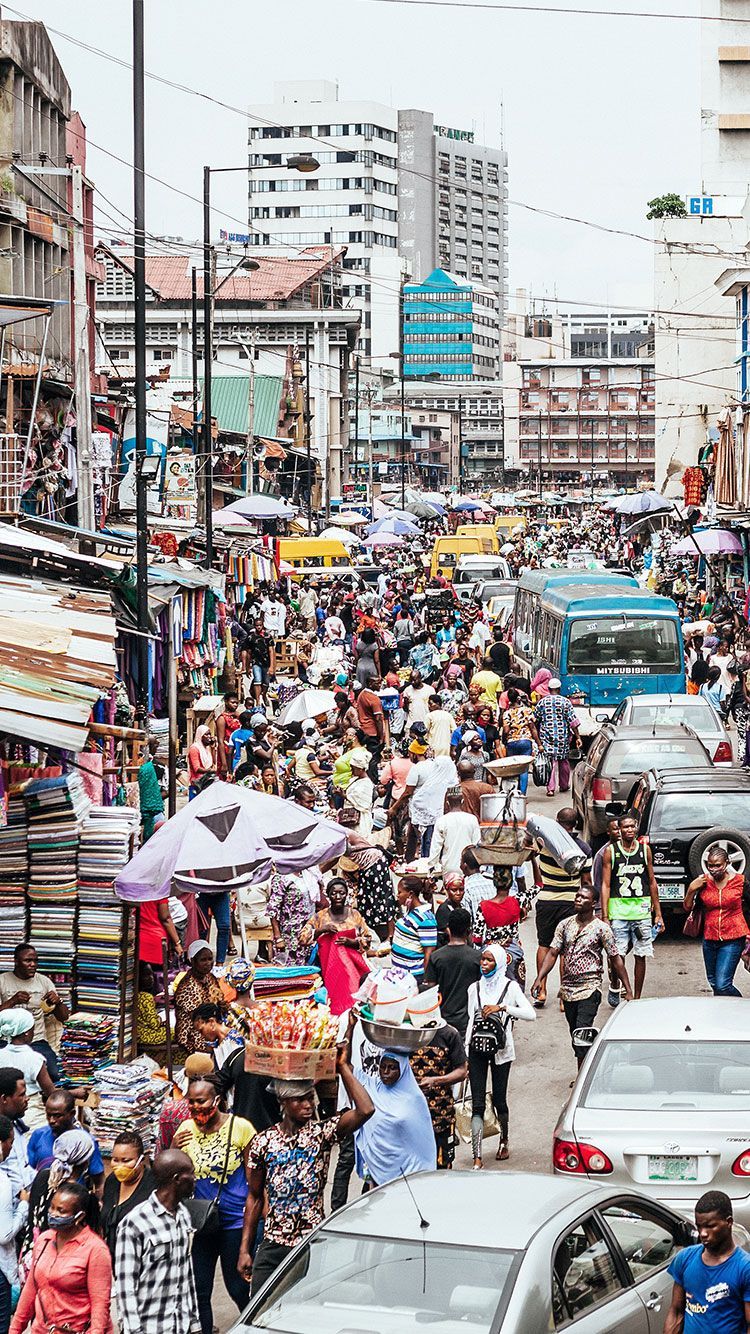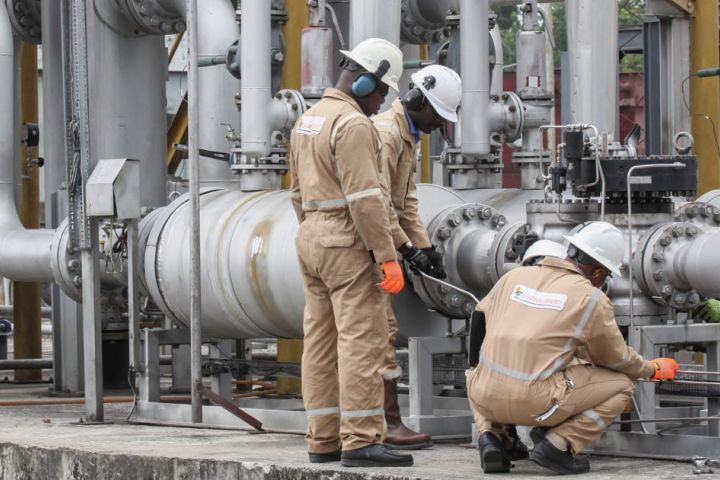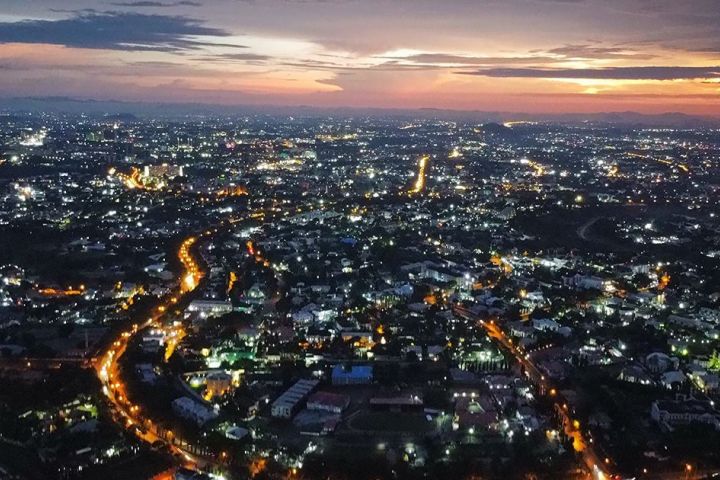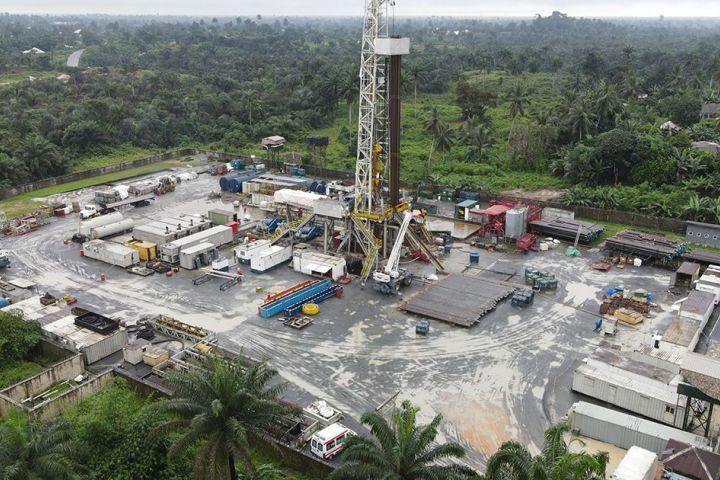Nigeria ranks 10th globally in terms of total oil reserves1 and 8th globally in terms of gas reserves1
Nigeria key statistics
228m
Population2
US$200bn
GDP2
2.9%
2024 GDP growth2
US$877
GDP per capita2
Our market
Nigeria has proven oil reserves of approximately 38 billion barrels, ranking as the second largest in Africa and the tenth largest in the world.1 Nigeria is also estimated to hold 210 Tscf of proven natural gas reserves, making it the eighth largest gas reserve holder in the world and the largest in Africa.1
Oil and gas industry majors and contractors have been operating in Nigeria since the 1950s but there has been a general trend for the oil majors to sell their interests in marginal onshore and shallow water oil fields mostly to Nigerian companies and smaller international oil companies, as they focus on deep offshore exploration and production. Therefore, Savannah believes attractive risk-adjusted upstream and midstream opportunities, coupled with well-established oil and gas service infrastructure, provide an enabling environment for companies such as Savannah to invest and operate in Nigeria.
Following the signing of the Petroleum Industry Act (“PIA”) in 2021, the Nigerian oil and gas industry continues to undergo reform. The PIA introduced key changes to the governance, administrative, regulatory and fiscal framework of the Nigerian oil and gas industry in order to ensure transparency, strengthen the governance institutions and attract investment capital, among other objectives.
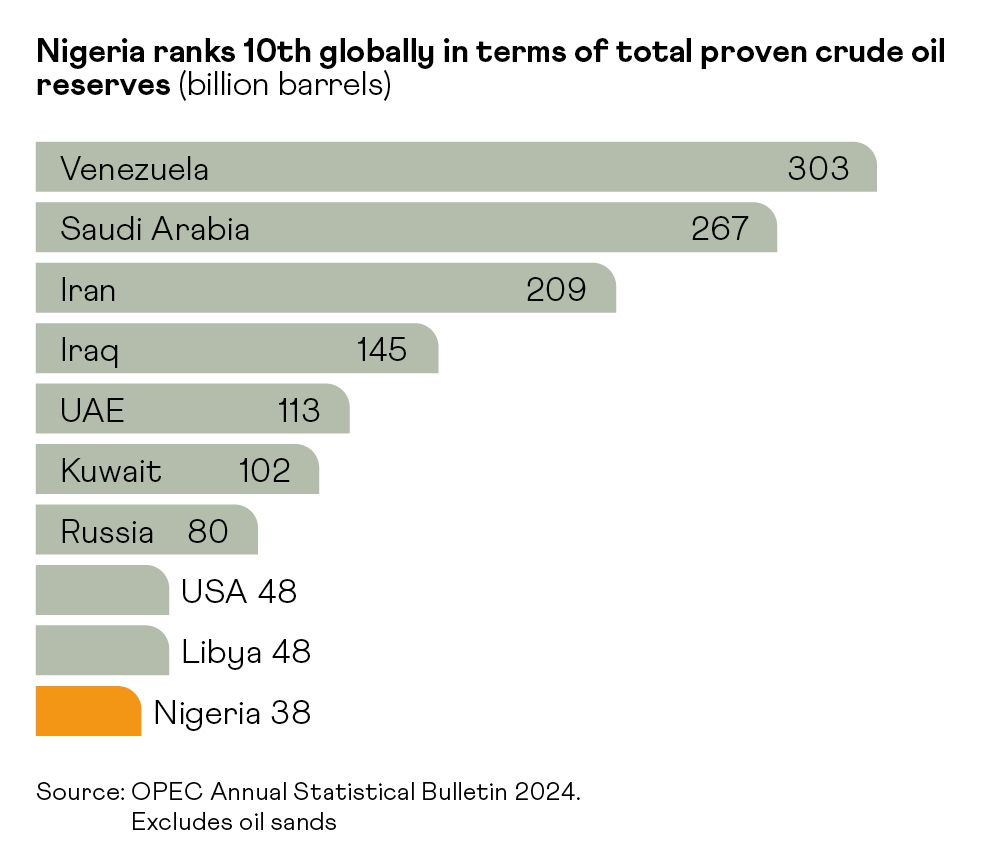
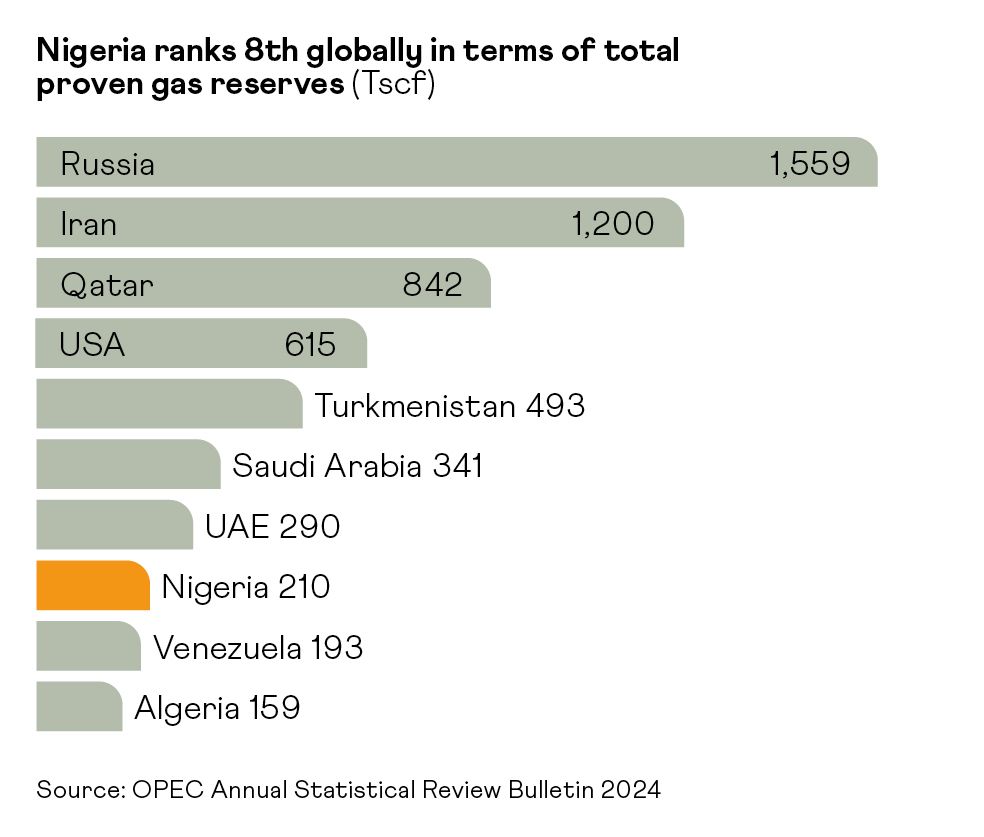
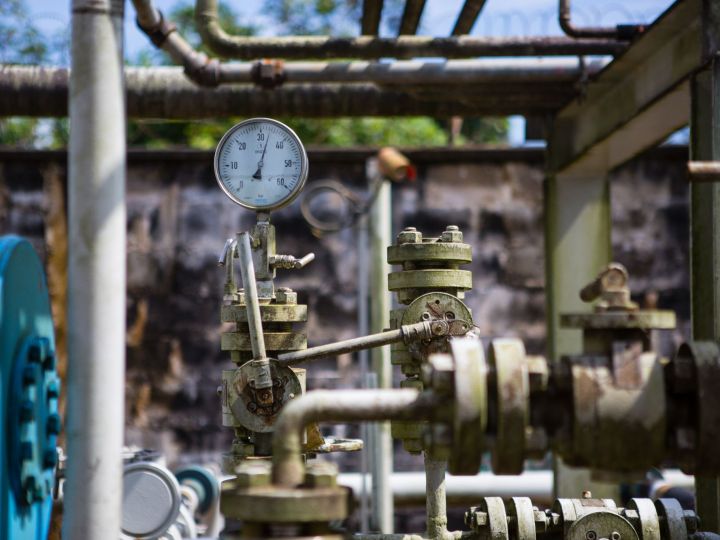
Gas production and development
Despite its 210 Tscf of proven gas reserves, Nigeria only produces 4.3 Bscfpd1, the majority of which is exported as LNG. Nigeria ranked as the world’s sixth largest exporter of LNG in 2022, with 692 Bscf exported. With a gas reserve to production ratio of approximately 140 years1, the under-developed gas resources of Nigeria represent a significant opportunity to be exploited, in particular for the benefit of the domestic economy.
The Nigerian Government has stated that it sees the provision of adequate gas supply as a means of increasing industrial output and electricity supply, and thereby achieving economic growth, prosperity and employment opportunities. However, investment in Nigeria’s gas market is still relatively low, while gas pipelines are yet to reach large parts of the country. This lack of infrastructure discourages the development of gas fields due to the high cost of building pipelines, and the lack of availability of gas likewise discourages potential major energy consumers from switching to gas. While there are only 4,500 km of gas pipelines in country, Savannah’s pipeline network is one of the very few privately owned pipeline systems built in Nigeria and ranks as one of the largest privately owned gas transportation and distribution networks in sub-Saharan Africa.
1. Source: OPEC Annual Statistical Review 2024.
2. Source: IMF Datamapper, 2024.
